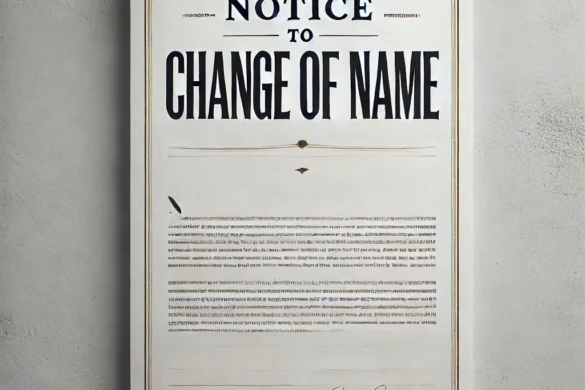A brigadier general who was assigned to the legal department of the Office of the Chief of General Staff after the failed July 15 coup attempt, believed to have been masterminded by the Fethullahist Terrorist Organization (FETÖ), has been detained over links to the group.
Brigadier General Dinçer Ural had replaced Col. Muharrem Köse, who played an important role in the planning of the takeover and who was arrested after the coup. Ural was detained after the prosecutors determined that he also had contacts with people linked to the U.S.-based Islamic preacher, Fethullah Gülen.
Ural was promoted to the rank of brigadier general in the Supreme Military Council (YAŞ) meeting that took place after the failed bid, with no intelligence indicating he had any connections to the Gülenists.
He started his duties in the General Staff on July 28, but it was alleged that he was among the names that the National Intelligence Agency (MİT) determined were using ByLock, an app that came to prominence after the failed seizure of power amid reports that the coup plotters had been using it to communicate.
The Department of Anti-Smuggling and Organized Crime then acted on the allegations upon the instructions of the Ankara Chief Public Prosecutor’s Office.
The prosecutors sent a file and the detention warrant regarding Ural to Chief of General Staff Gen. Hulusi Akar, which was followed by police detaining Ural in his office with the knowledge of Akar.
Ural reportedly spoke on the phone with “Özbek,” codenamed Dilaver Azim, who is named as “suspect number 21” in the FETÖ indictment and described as the organization’s “safe box.” It was determined that Ural and Azim spoke on the phone and exchanged messages between 2011 and 2015.
In addition, Ural’s wife reportedly deposited some 9,500 Turkish Liras to Bank Asya back when Gülen ordered his followers to do so when the previously-Gülen aligned bank was coming under government pressure.
Ural’s son was also reportedly working in a company linked to FETÖ and his sister was among the suspects of the probe into the Public Personnel Selection Exam (KPSS) in 2010.




